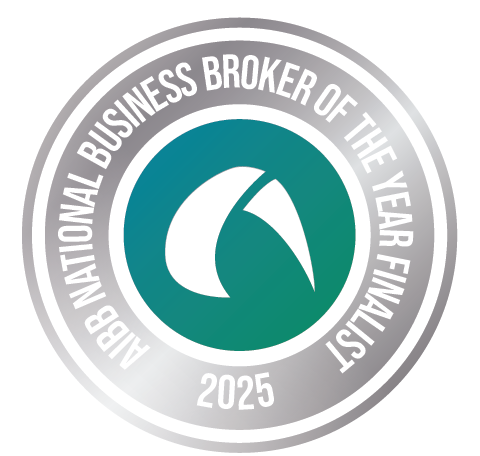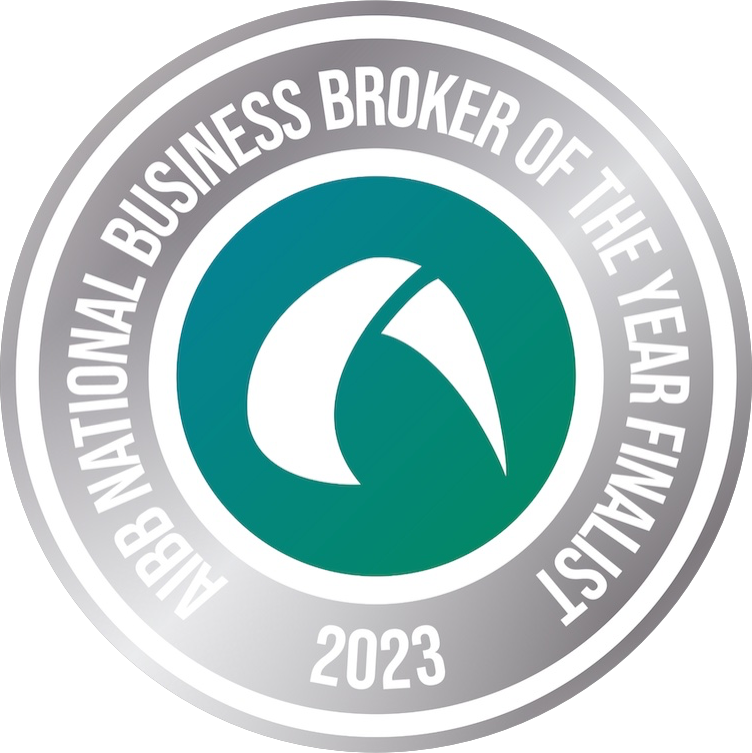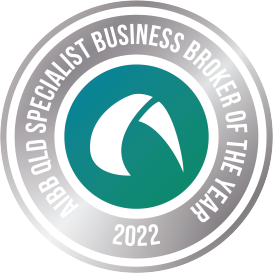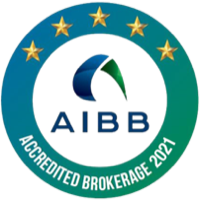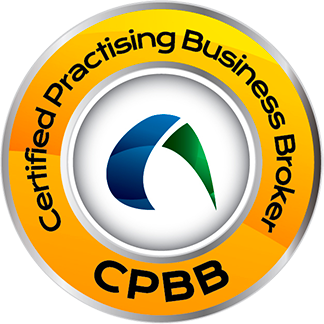Inside the RTO transaction landscape. From valuation to settlement.
Inside the RTO transaction landscape. From valuation to settlement:
What experienced vendors and their advisors must know about value, risk and buyer expectations.
Understanding the RTO market, valuation and transaction landscape
Australia’s Registered Training Organisation (RTO) sector is one of the most regulated and commercially unique corners of the education market.
For vendors and their advisors, understanding how value is measured, how risk is priced and how transactions unfold is critical to achieving a strong exit outcome.
While many of the mechanics mirror those of broader M&A activity, the nuances of funding, registration and regulatory conditions make this a specialist market — and one where preparation and expert guidance pay off significantly.
The current market landscape
The RTO market remains robust, with demand driven by a steady appetite for accredited training, industry-specific skills shortages and private equity’s growing interest in scalable education assets. Businesses generating more than $500,000 in EBITDA are increasingly attracting private investors, consortiums and strategic acquirers.
Multiples in the sector typically range between 2.5x and 4x EBITDA, but unlike many industries where higher earnings attract higher multiples, the reverse can apply here.
Larger profit bases often trigger lower multiples because of risk concentration — namely, reliance on government funding (which acts as a single major client) and registration risk (where regulatory approval is the cornerstone of revenue). Changes in either can materially affect enterprise value.
Key risk drivers and their impact on valuation
Buyers in the RTO sector don’t just purchase revenue, they buy risk. Concentrations in government-funded income, overdependence on specific courses or uncertainty around registration renewals can all weigh on price. The two most significant risk factors in any deal are:
- Funding dependency: Heavy reliance on state or federal funding programs can expose the business to policy shifts or funding reallocations. A balanced revenue mix, including fee-for-service and corporate training, typically commands a premium.
- Regulatory stability: Registration with ASQA (or TEQSA for higher education) is the foundation of an RTO’s licence to operate. Any compliance breaches or re-registration uncertainties will directly influence buyer confidence and valuation.
Preparing the business for sale
The journey to market begins with data. Vendors should collate at least three years of financial statements (including normalised accounts), enrolment data and detailed breakdowns of revenue streams. Normalisation is particularly important, adjustments such as owner’s salary, personal expenses and non-recurring costs help present the business’s true earnings capacity.
While historical profit is a critical valuation anchor, it’s not the only one. Future indicators such as enrolments, course pipeline and new contracts are increasingly used by buyers as forward-looking value metrics. These indicators are especially relevant when negotiating completion accounts, accrued income and work-in-progress (WIP) entitlements.
The transaction process
- Valuation and positioning: Once the data is gathered, an initial valuation is prepared based on EBITDA multiples and market conditions. Specialist brokers use both historical performance and leading indicators to model value and set pricing expectations.
- Market engagement: On average, through Infinity, RTOs have an average time on market of around 63 days before sale. The process is driven by targeted outreach to pre-qualified buyers including private investors, corporates and strategic acquirers – often drawn from extensive buyer databases.
- Due diligence and structuring: RTO transactions are share sales, as the key assets — registration and funding contracts — are held by the entity itself. Buyers conduct rigorous due diligence on compliance, contracts, student records, legal structure, PPSR and governance structures.
- Negotiation and earn-outs: While most deals settle on a clean handover, some may include earn-out clauses — typically capped at an absolute 20% maximum of the purchase price and limited to 12 months. Earn-outs are generally linked to enrolment growth or contract renewals, but the strongest deals minimise them altogether.
- Regulatory approvals: Every state funding body — from Training Services NSW to Skills First Victoria and User Choice in Queensland must approve the new owner before funding contracts can transfer. This is usually a straightforward process (completed in 30 – 90 days) but must be carefully managed to avoid delays.
- Completion and handover: Following regulatory sign-off, the final steps include ASIC updates, ASQA notifications and any transitional support agreements. At this stage, attention shifts to ensuring operational continuity, staff retention and student communication.
Why specialist knowledge matters
RTO transactions are complex. Not because they are inherently difficult, but because they require precision. A generalist broker or advisor may only handle one or two such deals a year, while Infinity successfully complete 35-50 per year for the last 89 years thus building institutional knowledge of valuation nuances, funding body procedures and regulatory timeframes.
This depth of experience can mean the difference between a smooth, premium exit and a protracted, value-diluting process. For example, understanding when to push for condition precedents (such as lease transfers) or how to structure WIP entitlements can materially change both deal speed and net proceeds.
Conclusion: Positioning for success
For vendors and advisors operating in the RTO space, knowledge is not just power — it’s profit. The best outcomes occur when preparation is meticulous, valuation is evidence-based and the transaction process is managed by specialists who understand the sector’s intricacies. With deal timelines averaging just over two months and multiples reflecting nuanced risk profiles, there’s significant opportunity for those who approach the market strategically.
For those considering an exit — whether now or in the future — the smartest step is to engage a specialist early. Expert advice will not only maximise valuation but also protect against common pitfalls, ensuring that years of hard work translate into a successful and rewarding sale.
About Infinity Business Brokers
Infinity Business Brokers is Australia’s leading specialist in RTO sales, valuations and advisory services. With over 160 successful RTO transactions and decades of industry expertise, Infinity helps vendors, investors and advisors navigate the complexities of the training sector with confidence. From valuation to settlement, Infinity delivers unmatched knowledge, integrity and results.


